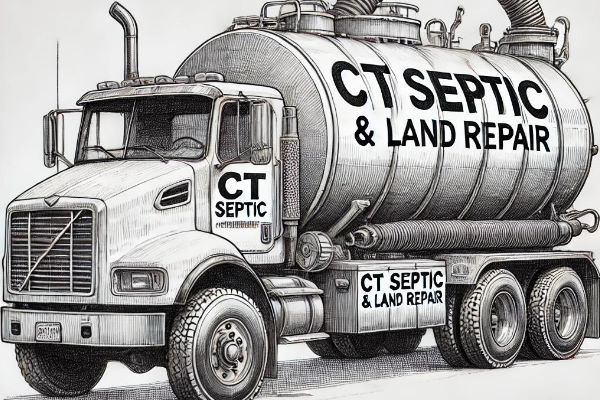What New Homeowners Should Know About Owning and Maintaining a Septic System
If you’re a new homeowner and your property has a septic system, understanding how to maintain it properly is crucial for the longevity of the system and the health of your home. Septic systems, while efficient and eco-friendly, require specific care and regular maintenance. Here’s what you need to know to keep your system functioning well and avoid costly repairs.
How a Septic System Works
A septic system processes the wastewater from your home, separating solid waste from liquid waste. The solid waste settles in the septic tank, while the liquid waste flows into a drain field where it’s filtered by the soil. Over time, solid waste accumulates in the tank and needs to be pumped out regularly to prevent overflow or backups.
4 Things You Should Do
- Schedule Regular Inspections and Pumping Septic tanks should be inspected at least once every three years, and typically pumped every 3 to 5 years, depending on the size of your household and tank. Regular pumping prevents solid waste from clogging the system, which can lead to costly repairs or sewage backups.
- Be Water-Wise Limit excessive water use to avoid overwhelming the system. Spread out laundry and dishwashing loads to prevent too much wastewater from entering the tank at once. Install water-efficient fixtures to reduce the overall water load on your septic system.
- Know the Location of Your Septic Tank and Drain Field Understanding where your septic tank and drain field are located helps you avoid damaging them with heavy machinery or excessive landscaping. Keep a map or have the location marked on your property to prevent accidental damage during yard work or renovations.
- Use Septic-Safe Products Always use septic-safe toilet paper, cleaners, and detergents. Harsh chemicals can kill the beneficial bacteria in your septic system that help break down waste. Look for products labeled as septic-safe to protect the health of your system.
4 Things You Should Never Do
- Never Flush Non-Biodegradable Items Avoid flushing wipes, feminine hygiene products, paper towels, or other non-biodegradable items down the toilet. These items don’t break down in the septic tank and can cause blockages or backups in the system.
- Never Use Harsh Chemicals Chemical drain cleaners, bleach, and antibacterial products can harm the bacteria that are essential for breaking down waste in your septic system. Opt for natural cleaners whenever possible and avoid pouring chemicals down the drain.
- Never Park or Drive Over the Drain Field The drain field is a crucial part of your septic system’s ability to filter wastewater. Driving or parking heavy vehicles over it can compact the soil or damage the pipes, leading to system failure or costly repairs.
- Never Ignore Warning Signs If you notice slow drains, foul odors, or wet patches in your yard, it could indicate a problem with your septic system. Don’t ignore these signs; contact a professional to assess the issue before it becomes a costly emergency.
Conclusion
Owning a septic system doesn’t have to be complicated, but it does require regular attention and care. By following these guidelines, you can ensure your septic system remains healthy and functional for years to come. If you’re unsure about maintaining your system, don’t hesitate to contact a professional for advice and services tailored to your needs.



Leave a Reply